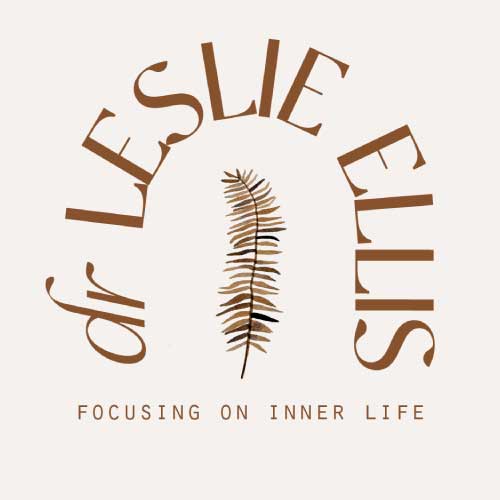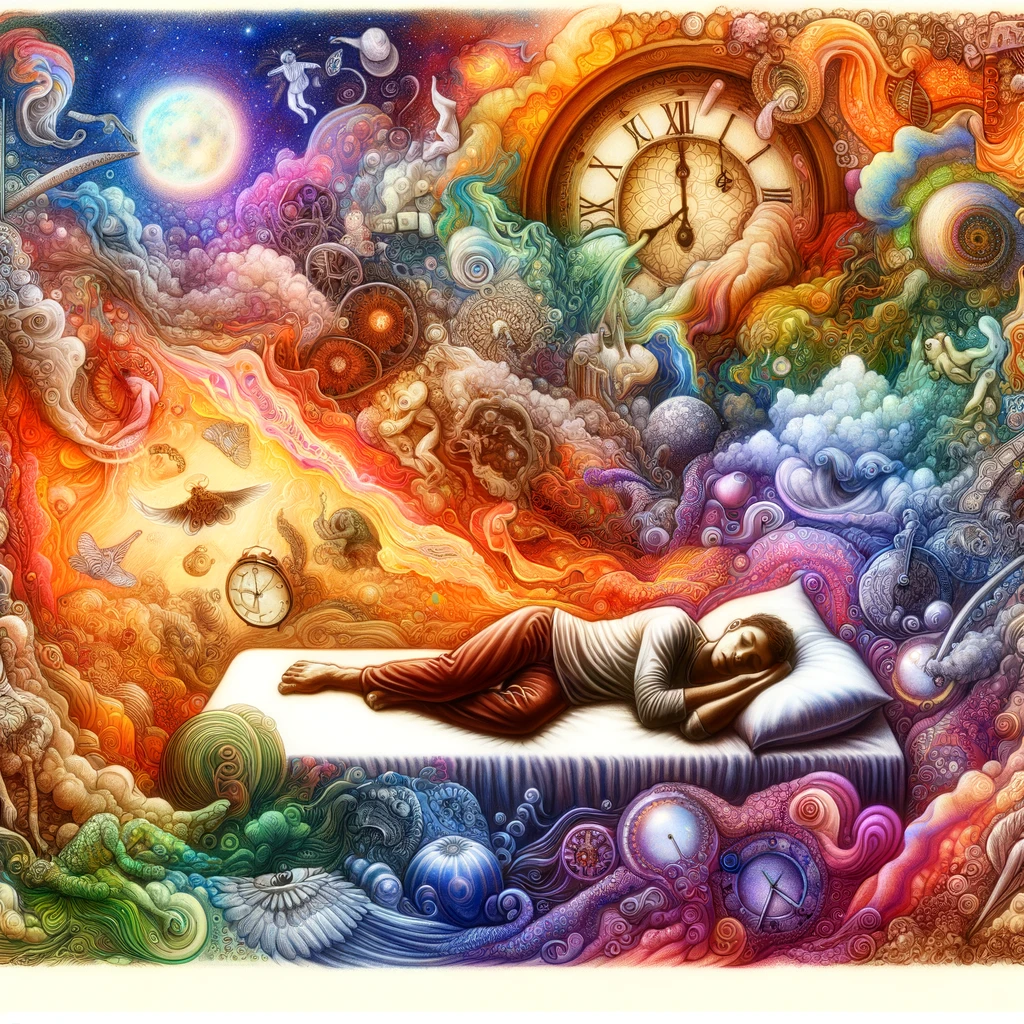Mark Blumberg, a University of Iowa researcher, has a new idea about why we dream – it’s our body mapping itself while we sleep. His research, recently featured in the New Yorker magazine, is a departure from existing theories that suggest in dreaming, we are making sense of our experiences, consolidating memories, processing emotions, possibly imagining things we fear or wish for – no one can yet say for sure.
Blumberg got curious about why newborn babies need 8 hours of dream-rich rapid eye movement (REM) sleep, while most adult humans need about one-quarter of that. He also wondered what babies have to dream about since they have not yet had any experiences to process. He also noticed that all animals, from sleeping dogs to the rat pups in his lab, twitch and jerk when in REM.
Are the dogs’ paws twitching because they are chasing imaginary rabbits in their dreams? Blumberg severed the connection between rat brain and body, and the twitching continued – suggesting these movements are not related to what we dream in our minds. He wondered if the reverse was true: that the movements were sending messages from body to brain.
Blumberg wired electrodes to the areas of the rat’s brain associated with movement, and assigned a different sound to each selected neuron. The amazing result was that each time the rat’s paw twitched, sounds would reverberate from the brain. Based on this, Blumberg articulated a theory that the brain uses REM sleep to map out the body, one muscle at a time.
During REM sleep, neuroscientists have long understood that the body is paralyzed from the neck down, presumably to keep us from acting out our dreams. Blumberg’s research suggests another possibility – that sleep paralysis allows our bodies to move a single, discrete muscle at a time, which enables discrete sensorimotor connections to form.
The body is implicated more deeply in dreaming than we thought
When people ask me how to better recall their dreams, I suggest they lie still upon waking, as this seems to make it easier to remember what they were just dreaming. This may be related to what Blumberg has discovered, a connection from the body that feeds the dreaming brain.
For the New Yorker article, Amanda Gefter interviewed Jennifer Windt, a professor of philosophy of mind and author of Dreaming, a book that explores what dreams can tell us about consciousness. Windt suggests the brain is not the centre of consciousness, mediating all that we experience, because what’s happening in our bodies shapes our dreams – for example through body positions that prompt memories, which are woven into our dreams. She told the New Yorker, “It’s through recognizing the contributions of the body that we can begin to understand why dreams feel the way they do.”
Reference
Gefter, A. What Are Dreams For? New Yorker, August 31, 2023.


